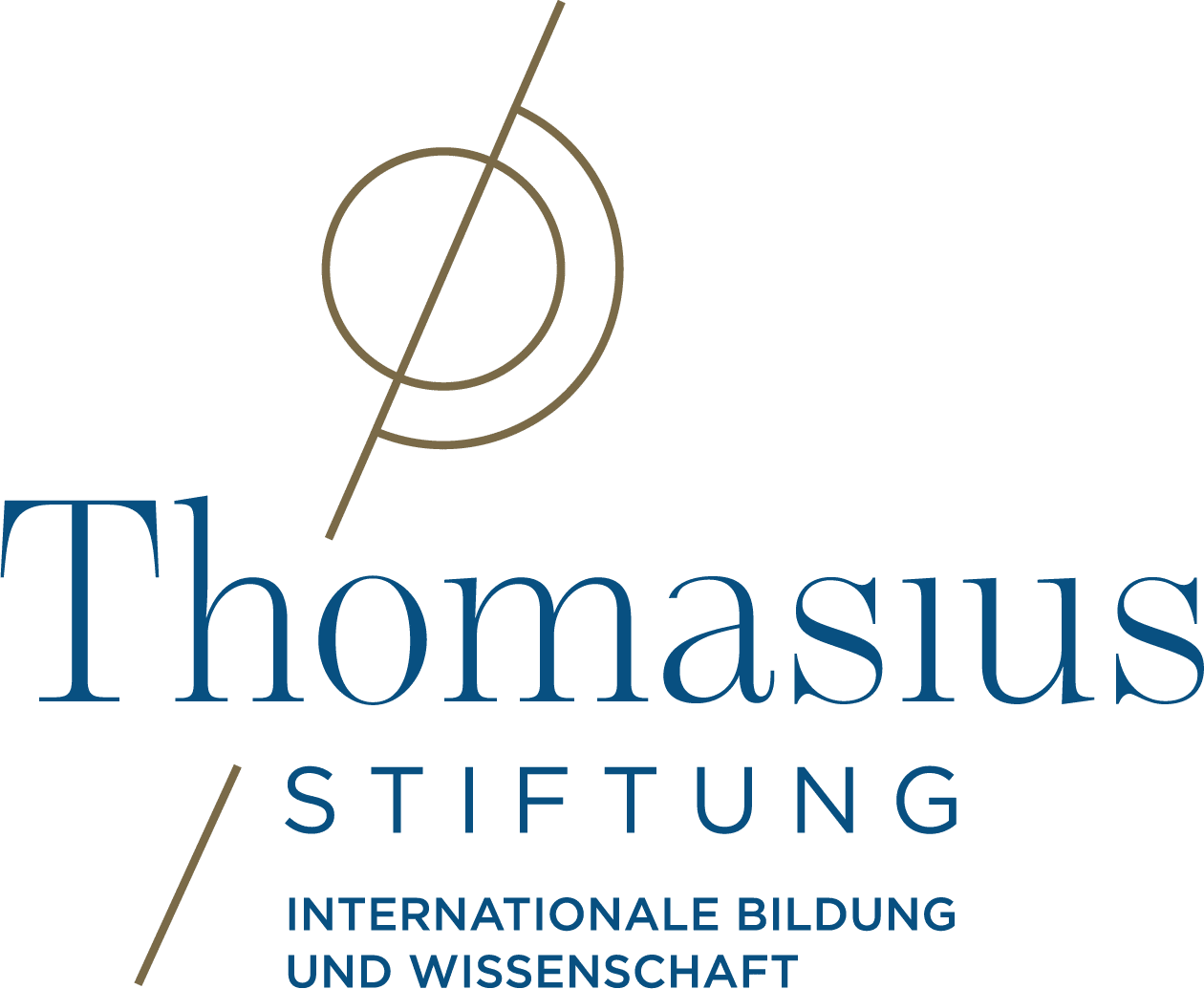Cristian Thomasius
Christian Thomasius – born 1655 in Leipzig, died 1728 in Halle (Saale) – was a German lawyer and philosopher. With his journalistic and academic work, he promoted new educational ideals and thus paved the way for a programmatic turnaround in science. Starting out from a cultural identity emancipated from scholastic theology and philosophy and based on the concrete experience of man, he already opened up a view of a paradigm of the incipient Enlightenment – the subject in his community as a movement and its well-being as the purpose of all science [1].
In his participation in the establishment of the University of Halle (Saale), he developed approaches for a conversion of the scholastic school into a modern training university. At Thomasius, university knowledge is no longer primarily understood within the framework of the polyhistorical ideal of scholarship, but in practice is understood as the self-assertion of an individual who is understood as bourgeois. The learned ability to form judgments should therefore no longer serve primarily to classify knowledge in a universal encyclopedia, but rather to make critical selections with regard to social benefits [2].
For this purpose, he rejects the dissemination that is widespread in the contemporary academic environment and promotes the ideals of cooperation and transparency. The mere archiving of university knowledge is to be replaced by its journalistic circulation, which Thomasius expresses in addressing an audience that goes beyond the circle of scholars [3].
With regard to its cross-border work, Thomasius-Stiftung for International Education and Science gGmbH follows the goals in the work of Thomasius, the ideal of cooperation, knowledge as a value in the service of the community, and the education of the individual as a responsible member of society.
[1] Vgl. Tomasoni, Francesco: Christian Thomasius. Geist und kulturelle Identität an der Schwelle zur europäischen Aufklärung. Münster 2009, S. 40f.
[2] Vgl. Jaumann, Herbert: Untersuchungen zur Geschichte der Literaturkritik zwischen Quintilian und Thomasius. Leiden, New York, Köln 1995, S. 276-303.
[3] Vgl. Scholz, Leander: Das Archiv der Klugheit. Strategien des Wissens um 1700. Tübingen 2002, S. 43-104.
